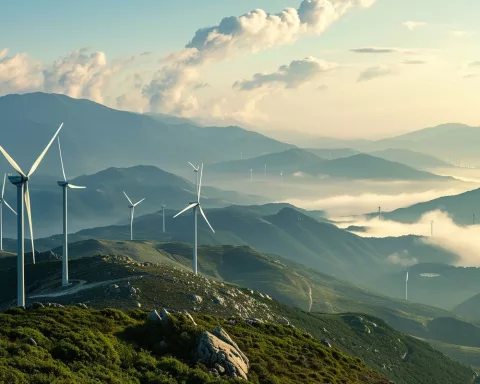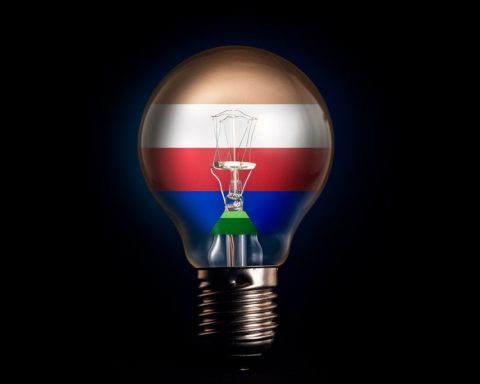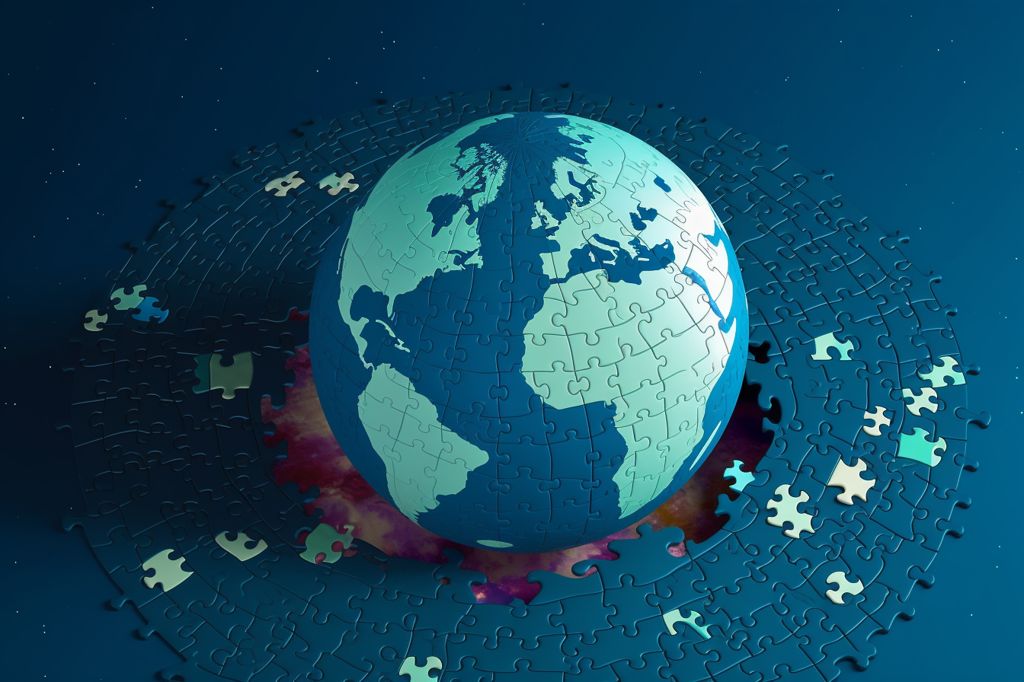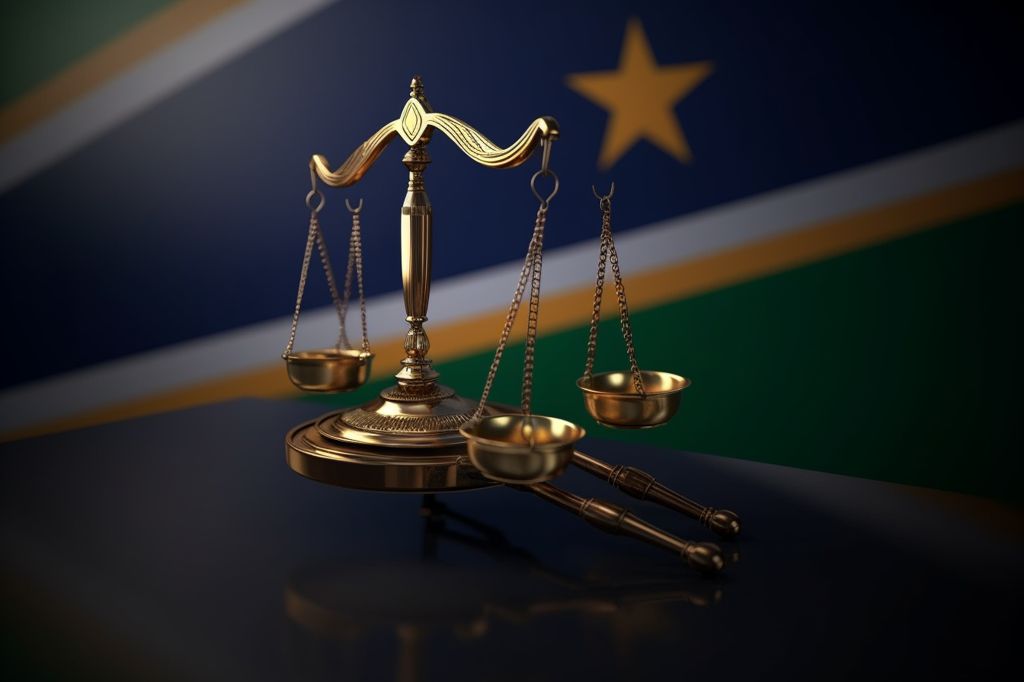President Cyril Ramaphosa has taken a significant step towards resolving South Africa’s long-standing electricity crisis by appointing Dr. Kgosientsho Ramokgopa as the Minister of Electricity. This appointment, announced during the 2023 State of the Nation Address (SONA), aims to coordinate the government’s response to the crisis and prioritize resolving it.
Transferring Specific Powers to the Minister of Electricity
The appointment of a dedicated Minister of Electricity reflects the urgent need to address South Africa’s persistent electricity shortage. To ensure effective coordination, President Ramaphosa transferred specific powers and functions outlined in the Electricity Regulation Act (Act No 4 of 2006) to the Minister of Electricity.
The newly transferred powers include determining the need for new generation capacity, the types of energy sources required, and the percentages of electricity that must be generated from those sources. The Minister also has the authority to regulate the sale and purchase of electricity produced from these sources, ensuring a fair and equitable distribution.
Encouraging Private Sector Participation
Section 34(2) of the Electricity Regulation Act empowers the Minister of Electricity to implement a competitive and cost-effective tendering procedure for establishing new generation capacity. This provision encourages private sector participation, promoting a more diverse and efficient electricity landscape.
Effective Coordination and Dedicated Focus
The President’s delineation of powers between the Minister of Mineral Resources and Energy and the Minister of Electricity aims to ensure effective coordination and a dedicated focus on addressing the electricity crisis. The Minister of Electricity is now the single point of command for the government’s efforts to close the electricity supply shortfall and oversee all aspects of the response, including the work of the National Energy Crisis Committee.
Dr. Kgosientsho Ramokgopa’s Role
Working closely with the Eskom board and management, Dr. Kgosientsho Ramokgopa’s primary goal is to end load-shedding and implement the Energy Action Plan announced by President Ramaphosa without delay. By appointing a dedicated Minister of Electricity, the South African government demonstrates its commitment to resolving the electricity crisis and providing a secure and sustainable energy future for its citizens.
The appointment of Dr. Kgosientsho Ramokgopa as Minister of Electricity promises a more focused and coordinated approach to resolving South Africa’s energy challenges. With the President’s support and the Minister’s newly transferred powers, a reliable and stable electricity supply for all South Africans is now within reach.












